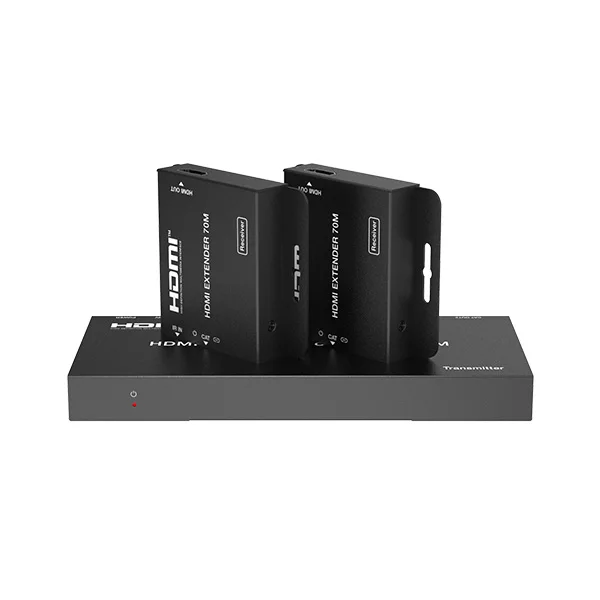When it comes to comfort, the fabric you choose can make all the difference. Whether you’re lounging at home, working in an office, or enjoying a night out, the right cloth can enhance your experience significantly. In this comprehensive guide, we will explore various types of fabrics, their properties, and how they contribute to comfort. By the end, you’ll have a clearer understanding of what constitutes the best cloth for comfort, tailored to your specific needs.
Understanding Fabric Properties
Before diving into specific fabrics, it’s essential to understand the properties that contribute to comfort. Key factors include:
- Breathability: This refers to how well a fabric allows air to circulate. Breathable fabrics help regulate body temperature and wick moisture away from the skin, making them ideal for warm climates or active wear.
- Softness: The tactile quality of a fabric can greatly influence comfort. Softer fabrics feel gentle against the skin, reducing irritation and enhancing wearability.
- Stretchability: Fabrics with a degree of stretch can provide a better fit and allow for greater freedom of movement, which is particularly important in activewear and casual clothing.
- Durability: Comfort is not just about how a fabric feels; it also involves how well it holds up over time. Durable fabrics maintain their comfort level even after repeated washings and wear.
- Moisture-Wicking: Fabrics that wick moisture away from the body can keep you dry and comfortable, especially during physical activities.
Top Fabrics for Comfort
Now that we understand the essential properties of comfort, let’s explore some of the best fabrics available:
- Cotton
Cotton is often hailed as the gold standard for comfort. Its natural fibers are soft, breathable, and hypoallergenic, making it suitable for sensitive skin. Cotton is versatile and can be found in various forms, from lightweight muslin to heavier denim. However, it does have a tendency to retain moisture, so it may not be the best choice for high-intensity activities.
- Bamboo
Bamboo fabric has gained popularity in recent years due to its eco-friendly nature and exceptional comfort. It is incredibly soft, often compared to silk, and has natural moisture-wicking and antibacterial properties. Bamboo is also breathable, making it an excellent choice for both casual wear and active clothing.
- Modal
Modal is a semi-synthetic fabric made from beech tree pulp. It is known for its luxurious softness and drape, making it a popular choice for loungewear and sleepwear. Modal is also breathable and has good moisture-wicking properties, ensuring comfort throughout the day.
- Merino Wool
Merino wool is a game-changer in the world of comfort fabrics. Unlike traditional wool, Merino is fine and soft, making it non-itchy and pleasant against the skin. It excels in temperature regulation, keeping you warm in winter and cool in summer. Additionally, Merino wool has natural moisture-wicking and odor-resistant properties, making it ideal for outdoor activities.
- Tencel (Lyocell)
Tencel, also known as Lyocell, is an eco-friendly fabric made from sustainably sourced wood pulp. It is incredibly soft, breathable, and has excellent moisture-wicking properties. Tencel is also biodegradable, making it a sustainable choice for those concerned about environmental impact.
Choosing the Right Fabric for Your Needs
When selecting the best cloth for comfort, consider the following factors:
- Activity Level: For high-intensity activities, opt for moisture-wicking fabrics like Merino wool or bamboo. For lounging or casual wear, cotton or modal may be more suitable.
- Climate: In hot and humid conditions, breathable fabrics like cotton and Tencel will keep you comfortable. In cooler climates, consider layering with Merino wool for warmth without bulk.
- Skin Sensitivity: If you have sensitive skin, prioritize hypoallergenic fabrics like cotton or bamboo to avoid irritation.
- Sustainability: If environmental impact is a concern, look for eco-friendly options like Tencel or bamboo.
Conclusion
Choosing the best cloth for comfort is a nuanced decision that depends on various factors, including activity level, climate, and personal preferences. By understanding the properties of different fabrics and their applications, you can make informed choices that enhance your comfort in everyday life. Whether you opt for the timeless softness of cotton or the luxurious feel of Tencel, the right fabric can transform your experience, allowing you to focus on what truly matters—enjoying life to the fullest.
